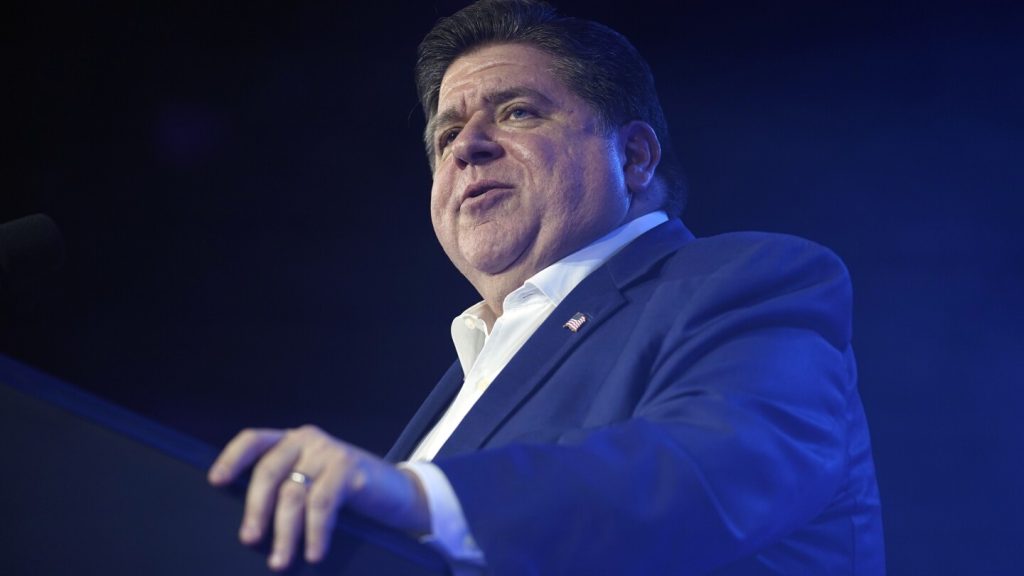The Illinois General Assembly has approved a $53.1 billion state budget for the upcoming fiscal year, which begins on July 1. The lengthy process of passing the budget included a marathon session that lasted until the early hours of Wednesday morning. Constitutional requirements dictated that legislation be read publicly over three days before a vote, leading to the extended session.
Despite some Democrats expressing concerns about spending, the budget was eventually passed with the minimum 60 votes required for a tax package. Senate Republicans pointed out that annual spending has increased by $12.8 billion, or 32%, since Governor Pritzker took office in 2019. However, Pritzker has indicated that he will sign the budget into law.
The budget plan includes a $350 million increase for elementary and secondary education, as well as an additional $75 million for early childhood education. It also allocates $182 million to fund services for migrants seeking asylum in the U.S. and $440 million for health care for noncitizens. The budget also addresses the state’s pension obligations and contributes an additional $198 million to the rainy day fund.
Some Republicans criticized the budget, calling it an exercise in “bullying and absolute power” by Democrats. Concerns were raised about the use of transfers from dedicated funds to balance the budget, as well as potential future financial pitfalls. The budget includes tax hikes on businesses, sports wagering, and video gambling to generate additional revenue.
Governor Pritzker succeeded in eliminating the 1% tax on groceries, a part of his inflation-fighting efforts. However, municipalities are allowed to impose their own grocery tax of up to 1% without state oversight. Cities and counties with home-rule authority can also implement a sales tax of up to 1% without voter approval. Lobbyists worked to limit the impact of the tax hikes proposed in the budget, with adjustments made to the rates imposed on businesses and sports wagering.


